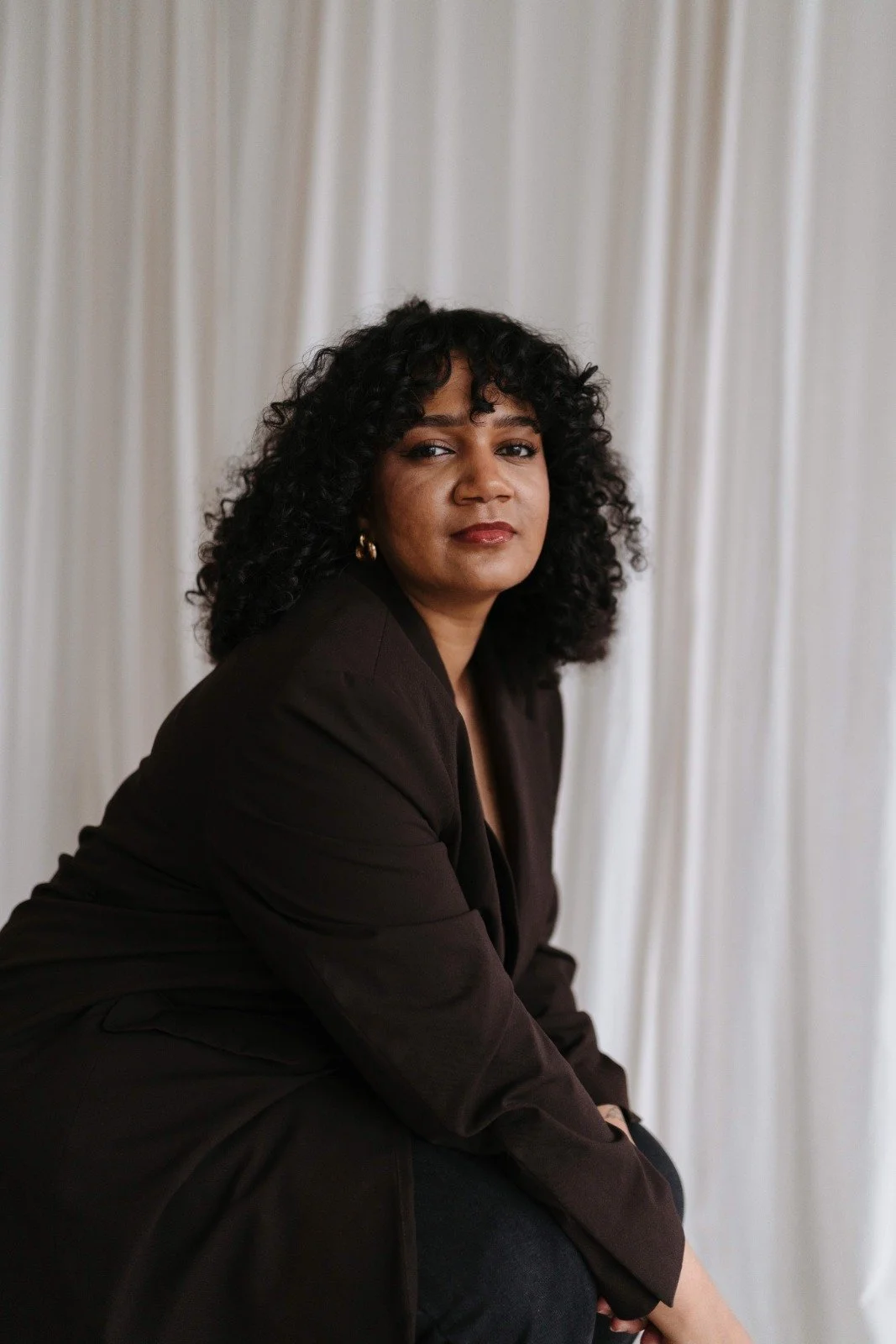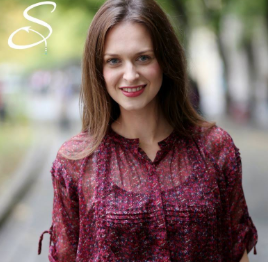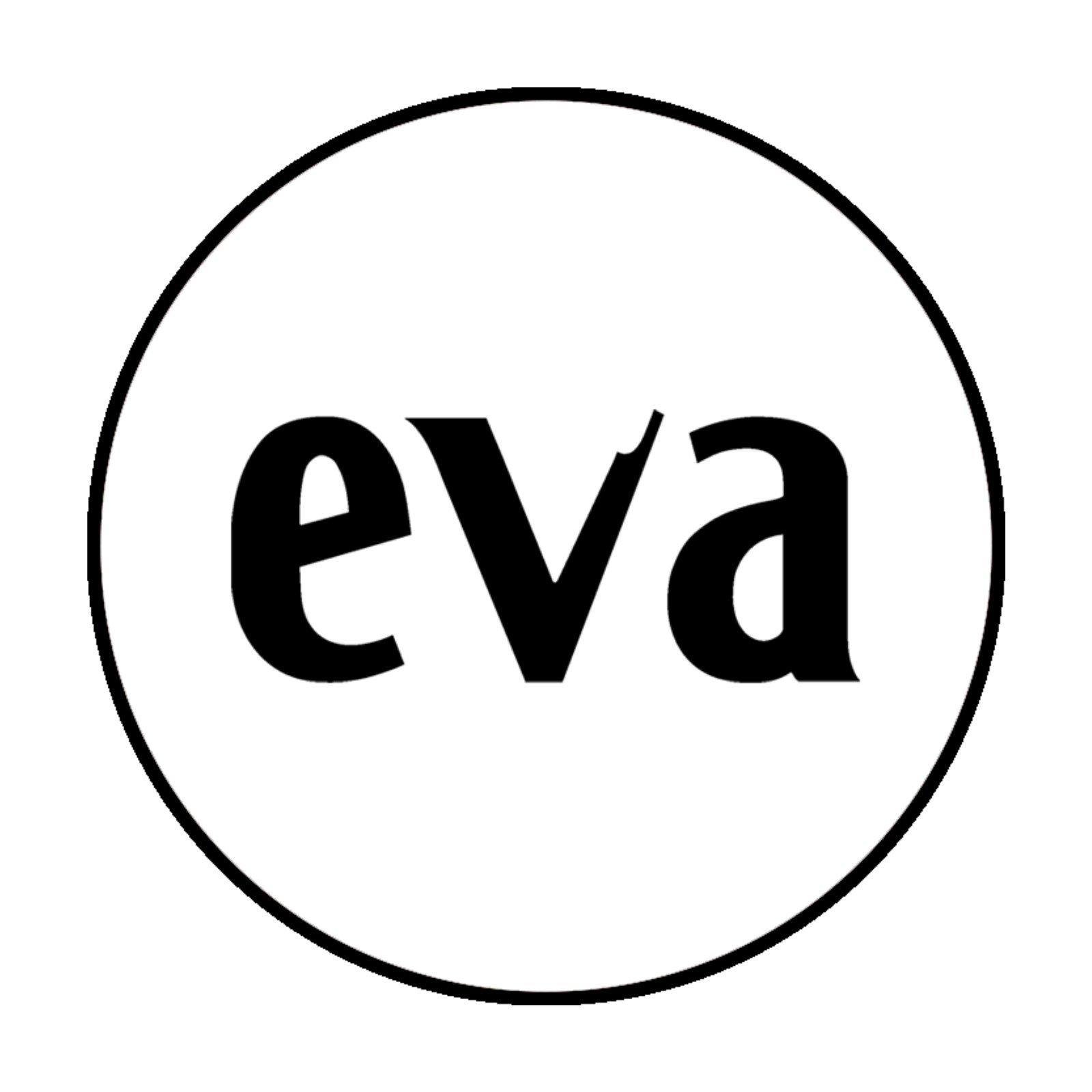
Welcome to Hopeful Family
Connect with Hopeful Family to access essential fertility information. Discover your options, take charge of your fertility journey, and tap into valuable resources and support. Gain insights into female fertility, understand AMH levels, and explore various family planning options, including egg freezing.
Empower yourself with crucial knowledge for informed decisions.
Stay informed with newsletters and receive invites to our events.
What is egg freezing?
Egg freezing preserves women's eggs for later pregnancy, offering control over timing. It supports focusing on work, relationships, and goals before starting a family, boosting future pregnancy chances by addressing age-related egg issues.
Age & Fertility
The quality and quantity of a woman's eggs decline with age and directly affect fertility. Therefore, freezing eggs at a younger age offers women the best chance of preserving their fertility and increasing their chances of successful conception in the future.
Empowerment
& Opportunity
Egg freezing extends the window of opportunity
for women to conceive, allowing them to plan their families on their own terms and choose the right partner. Because during the egg freezing process women do not need a partner.
Biological Clock
Despite youthful appearance and good lifestyle, the biological clock continues to tick for women, impacting both the quantity and quality of their eggs. While maintaining a healthy lifestyle can certainly contribute to overall well-being, it's important to recognize that certain aspects of fertility are beyond the influence of lifestyle choices.
Empower women with vital fertility info
The process of egg freezing • 3-4 weeks
STEP 1:
Consultation & Diagnosis
STEP 2:
Monitoring & Retrieval
STEP 3:
Freezing & Storing
FAQs
-
Once eggs are retrieved and frozen in a specialist lab, they can no longer age. However, as you get older, the remaining eggs in your ovary will decline in number and in quality, thereby reducing your chances of having a baby conceived naturally.
Freezing your eggs can thus preserve your fertility for the future. The age you are when you freeze your eggs is the age those eggs will be when you choose to use them.
This means that if you decide to use your frozen eggs several years later, your chances of achieving a successful pregnancy will be very similar to those you would have had at the time your eggs were frozen.
-
Fertility begins to decline at age thirty and significantly drops after forty. Therefore, the ideal age to freeze your eggs is in your late twenties / thirty. However, freezing eggs after the age of thirty-five is also a good option to preserve fertility if you plan to start a family in the future.
-
Women opt for fertility preservation for social or medical reasons. On the personal side, they might want kids in the future but find it impractical due to education, lack of a partner, caregiving duties, financial constraints, or career goals.
On the medical front, conditions like cancer treatment, premature ovarian insufficiency, genetic disorders, endometriosis, or ovarian surgery might prompt the need for fertility preservation. Before undergoing treatment for these medical issues, women might consider taking steps to preserve their fertility as a precautionary measure.
-
Egg freezing process typically consists 8–11 days of hormone injections to stimulate your ovaries to produce multiple eggs in one menstrual cycle, instead of the single egg they would typically produce. During this period, you’ll have 5–7 short “monitoring” visits where the clinic assesses your progress and possibly makes adjustments to your medication or schedule.
Finally, there’s a 15-minute surgical procedure performed under mild anaesthesia to retrieve the eggs from your ovaries. This whole process, from the beginning of the injections through to the retrieval, is called a “cycle.”
Follow us on Instagram
Real Stories
Fertility Clinics in Slovakia
News & Features




































